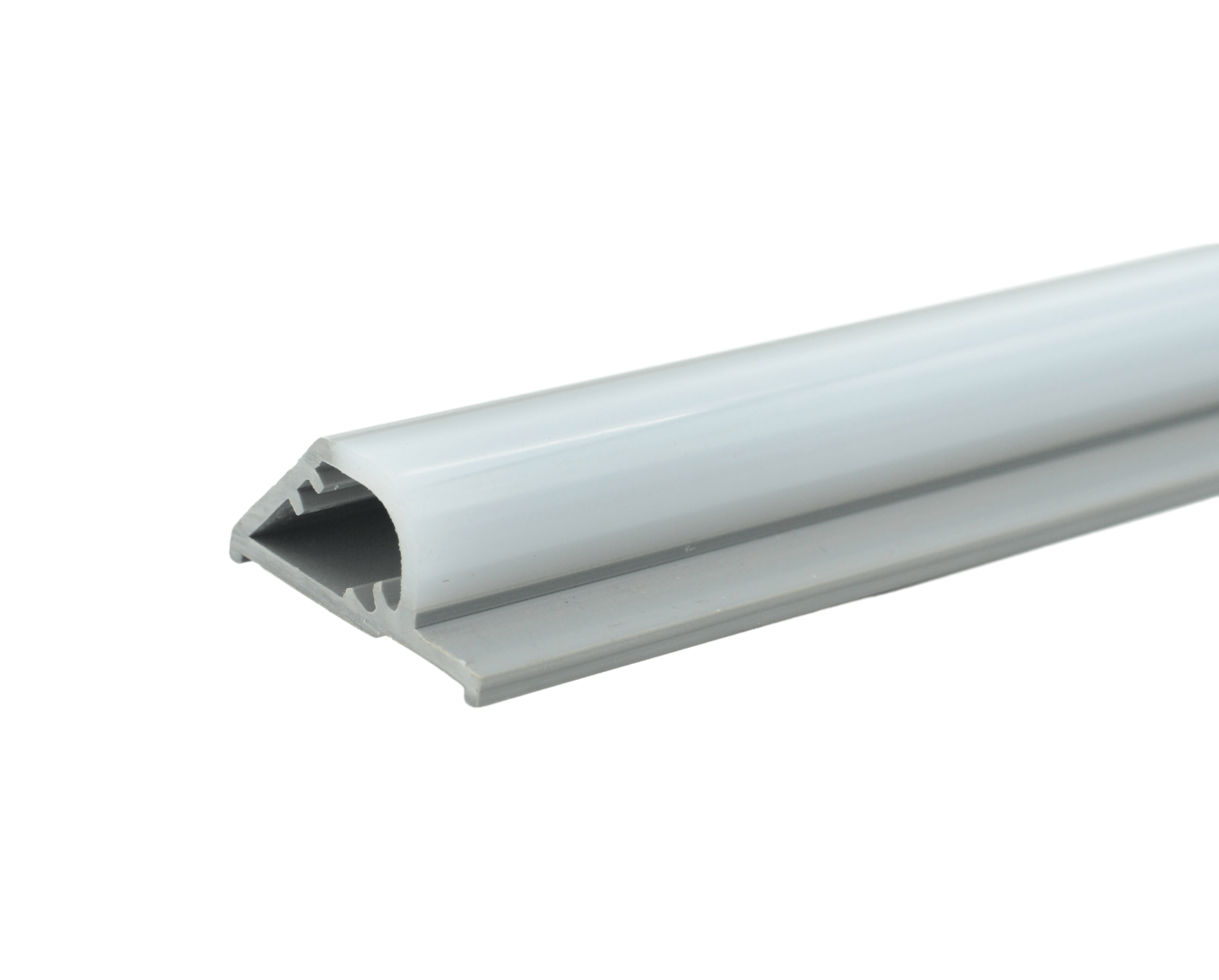
Phone Number :
08 07, 2024
Plastic extrusion profiles are ubiquitous in various industries due to their versatility, durability, and cost-effectiveness. This manufacturing process involves melting plastic and forming it into continuous shapes through a die. The resulting profiles are used in a wide array of applications, from construction to consumer goods. This article will explore some of the most common plastic extrusion profiles, their applications, and the benefits they offer.
1. PVC Profiles
Applications:
Construction: Window and door frames, siding, and fencing.
Automotive: Trim, seals, and protective guards.
Electrical: Cable management systems, conduit, and wiring ducts.
Consumer Goods: Furniture edging, toys, and packaging materials.
Benefits:
Durability: Resistant to weathering, chemicals, and UV radiation.
Versatility: Can be produced in various shapes, sizes, and colors.
Cost-Effective: Low production costs and minimal maintenance requirements.
2. Polyethylene (PE) Profiles
Applications:
Packaging: Bottles, containers, and packaging films.
Agriculture: Irrigation pipes and greenhouse films.
Construction: Vapor barriers, insulation, and geomembranes.
Benefits:
Chemical Resistance: Inert to many chemicals, making it suitable for industrial applications.
Flexibility: Can be easily molded into different shapes.
Lightweight: Easier to handle and transport compared to other materials.
3. Polypropylene (PP) Profiles
Applications:
Automotive: Battery cases, bumpers, and interior components.
Medical: Syringes, containers, and medical device components.
Consumer Goods: Caps, closures, and household items.
Benefits:
Heat Resistance: Can withstand higher temperatures compared to other plastics.
Toughness: High impact resistance and strength.
Chemical Resistance: Resistant to many solvents, acids, and bases.
4. Acrylic Profiles
Applications:
Lighting: Lenses, diffusers, and signage.
Construction: Skylights, windows, and partitions.
Display: Point-of-sale displays, frames, and exhibition stands.
Benefits:
Clarity: Excellent optical properties, allowing for high light transmission.
UV Resistance: Does not yellow or degrade with prolonged sun exposure.
Strength: Stronger and lighter than glass, with high impact resistance.
5. Polycarbonate (PC) Profiles
Applications:
Construction: Roofing panels, glazing, and safety barriers.
Electronics: Enclosures, connectors, and insulating components.
Automotive: Headlamp lenses, dashboards, and structural parts.
Benefits:
Impact Resistance: Extremely tough and can withstand significant force.
Transparency: High light transmission, similar to glass.
Heat Resistance: Maintains stability under high temperatures.
6. ABS (Acrylonitrile Butadiene Styrene) Profiles
Applications:
Automotive: Instrument panels, wheel covers, and interior trim.
Consumer Electronics: Housings for phones, computers, and printers.
Construction: Pipes, fittings, and housings for tools.
Benefits:
Toughness: High impact strength and durability.
Aesthetic Quality: Can be easily colored and finished for a high-quality appearance.
Machinability: Easy to machine and fabricate.

Conclusion
Plastic extrusion profiles are integral to various industries, offering numerous benefits such as durability, flexibility, and cost-effectiveness. Each type of plastic profile has unique properties that make it suitable for specific applications. Understanding these profiles' applications and benefits can help in selecting the right material for your project, ensuring optimal performance and longevity.
Whether you need PVC profiles for construction, polyethylene for packaging, or polycarbonate for safety barriers, plastic extrusion profiles provide reliable solutions tailored to your needs.